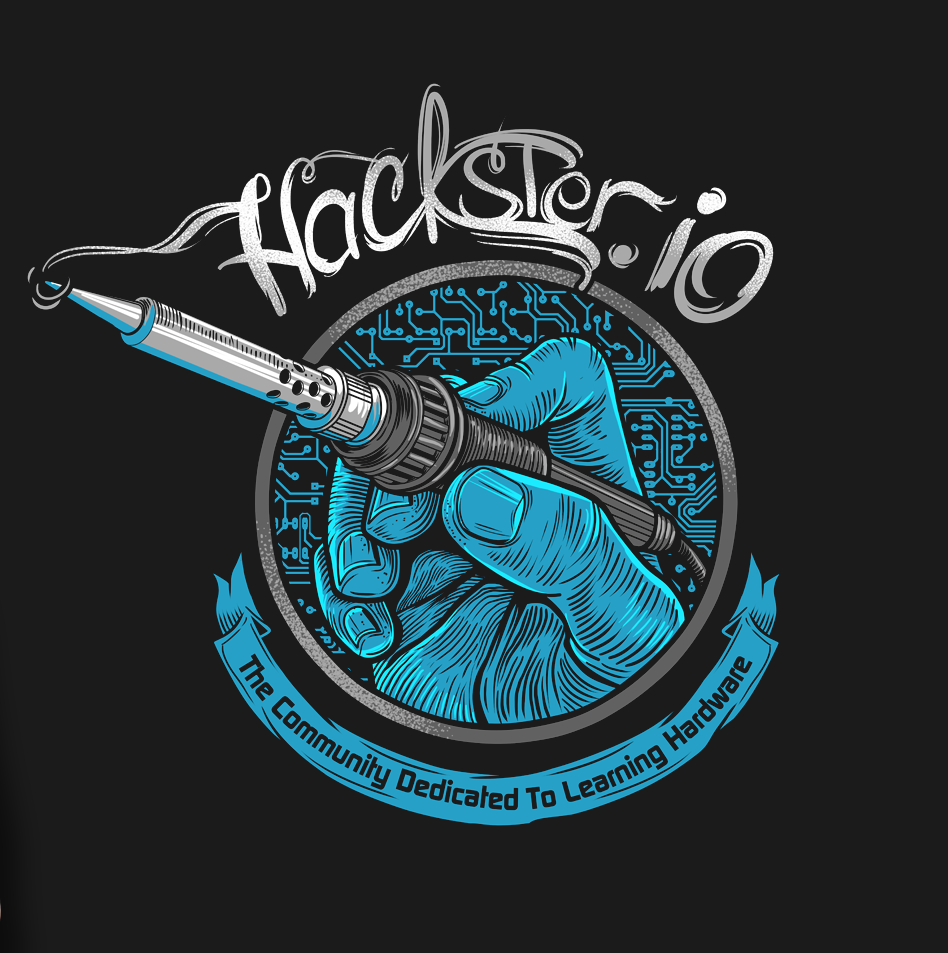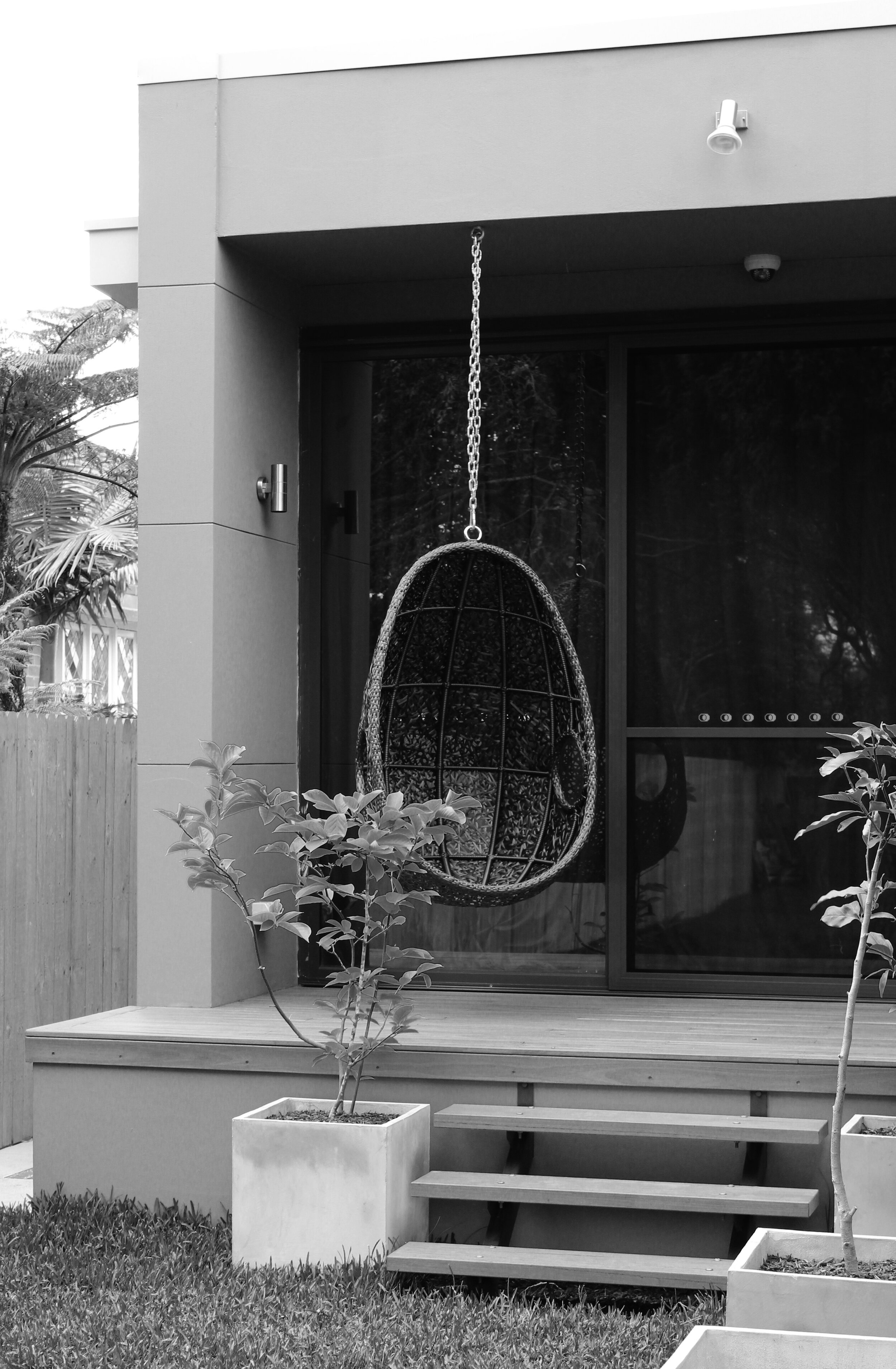Table Of Content
- Kindig-It Design v. Creative Controls, No. 2:2014cv00867 - Document 124 (D. Utah
- Six Things You Should Know About Any Legal Process
- District Court, D. Utah
- Motorcycle Accident Document Checklist: What to Bring to Your Lawyer
- How Do I Choose the Best Lawyer to Litigate My Legal Case?
- What is a UK Settlement Visa?
- Q: Were there any attempts to settle the lawsuit outside of court?

With a team of skilled professionals, Kindig-It Design has been at the forefront of pushing the boundaries of automotive aesthetics. By delving into the intricate details of the lawsuit, we have gained insights into the legal battles faced by well-known automotive enterprises and the ripple effects on their community. As the story of Kindig It Design Lawsuit unfolded, it left an indelible mark on the automotive world, reminding all enthusiasts of the importance of transparency, communication, and fair dealings in this dynamic industry. We will present insights from automotive experts who have followed the case closely. Their perspectives on the legal aspects, industry impact, and implications for custom car builders will be highlighted.
Kindig-It Design v. Creative Controls, No. 2:2014cv00867 - Document 124 (D. Utah

These lawsuits allege that the companies are infringing on the copyrights and patents of custom car shops by selling products that are similar to the shops’ products. Kindig has fourteen causes of action against Creative Controls. Claims 1, 2, 7, 12, 13, and 14 are the patent-related claims. These claims are wholly unrelated to Creative Controls' alleged copying of Kindig's website. Claim 11 is for business disparagement based on statements made at a trade conference in Las Vegas, Nevada.
Six Things You Should Know About Any Legal Process
Creative Controls moves to dismiss on the basis that the court lacks personal jurisdiction over it. Alternatively, Creative Controls moves to transfer the case to Michigan and to dismiss various causes of action under Rule 12(b)(6) for failing to state a claim. The court held a hearing on the motion on September 24, 2015. Due to inadequacies in the briefing, the court requested additional memoranda from both parties, which were filed on October 12, 2015. Creative Controls argues that “[i]t would be a significant burden on Creative Controls to have to defend the lawsuit in Utah while Creative Controls is located in Michigan.” It does not, however, explain why this would the case. In the modern world of air transportation and digital communication, the court has no difficulty in finding that litigating in Utah will not create so substantial a burden to Creative Controls as to violate Due Process.
District Court, D. Utah

Specific personal jurisdiction may be based only on the defendant's contacts that give rise or relate to the claims at issue. Thus, the court focuses its inquiry on whether any contacts Creative Controls may have had with Utah via its website give rise or relate to a claim for patent infringement. A patent infringement claim arises when the alleged infringer “without authority makes, uses, offers to sell, or sells any patented invention.” 35 U.S.C. § 271(a) (2012). In this case, other than the single product sold at Kindig's request, there is no evidence that Creative Controls made or sold any allegedly infringing products in Utah. Thus, specific personal jurisdiction can exist only if Creative Controls established contacts with Utah by offering to sell the allegedly infringing products to Utah residents. Likewise, Kindig has failed to plead any facts showing that any Utah resident (other than in connection with Kindig's orchestrated sale) has ever visited Creative Controls' website.
Motorcycle Accident Document Checklist: What to Bring to Your Lawyer
While the court has specific personal jurisdiction over all the remaining claims, Kindig did not adequately plead claim 9 for fraud. Accordingly, Creative Controls' Motion to Dismiss is GRANTED IN PART AND DENIED IN PART and claims 1, 2, 7, 9, 11, 12, 13, and 14 are dismissed. Creative Controls argues that Kindig's unjust enrichment and conversion claims (claims 8 and 10) are preempted by federal copyright law. In so doing, it relies on the Tenth Circuit case of Ehat v. Tanner .
Hand-built V12-powered 1953 Corvette takes 2024 Ridler - Driving
Hand-built V12-powered 1953 Corvette takes 2024 Ridler.
Posted: Tue, 05 Mar 2024 08:00:00 GMT [source]
How Do I Choose the Best Lawyer to Litigate My Legal Case?
If the courts find that the automotive parts and accessories companies are infringing on the copyrights and patents of custom car shops, it could make it more difficult for these shops to protect their intellectual property. Kindig has not satisfied its burden to show that this court has personal jurisdiction over Creative Controls for all claims. Specifically, this court lacks personal jurisdiction over Creative Controls on claims 1, 2, 7, 11, 12, 13, and 14.
In doing so, it relies heavily on the “sliding scale” framework outlined in a 1997 federal district court decision, Zippo Mfg. Under this framework, active websites, which facilitate internet transactions by the repeated and knowing transmission of files, nearly always establish the minimum contacts necessary for jurisdiction. But “passive Web sites,” which do little more than provide information, do not. For “interactive Web sites,” which fall in the middle of the scale, jurisdiction depends on the “level of interactivity and commercial nature of the exchange of information that occurs on the Web site.” Id. But the Zippo sliding scale framework has never been adopted by the Federal Circuit. In fact, there is considerable uncertainty in the Federal Circuit, as in many others, as to how internet contacts and websites should be treated when evaluating personal jurisdiction.
ACMS Document URL Unavailable
Nor can the court discern good cause given that the responses to the discovery request were given 51 days before the close of fact discovery. Kindig-It had time to either file a motion to compel or request to extend the discovery deadline before it passed. Moreover, the fact that the parties may have been negotiating a settlement does not give them license to ignore deadlines without seeking permission of the court. A private agreement between the parties that "any discovery requests will be extended" does not extend the discovery cutoff. Rule 16(b)(4) unambiguously provides that a scheduling order "may be modified only for good cause and with the judge's consent." The outcome of these lawsuits could have a significant impact on the custom car industry.
C1 Corvette-Inspired Kingdig-It CF1 Roadster Shown At The 2021 SEMA Show - GM Authority
C1 Corvette-Inspired Kingdig-It CF1 Roadster Shown At The 2021 SEMA Show.
Posted: Thu, 25 Nov 2021 08:00:00 GMT [source]
Kindig alleges that Creative Controls copied the photographs from Kindig's website and used them to illegally create infringing websites and other derivative works. Kindig argues that Creative Controls purposefully availed itself of the Utah forum by illegally copying the materials from Kindig's website in Utah. Given the exponential growth in the number of interactive websites, the Zippo approach—which would remove personal jurisdiction's geographical limitations based on the mere existence of those those websites—is particularly troubling. And the problem would grow more acute every year as more individuals and businesses create interactive websites. The court recognizes that one possible way to distinguish the Facebook activities from the Zippo test is that Zippo referred to commercial activity and most individual social media pages are not maintained for commercial purposes.
Grp., Inc. v. GPS Indus., Inc. , 645 F.Supp.2d 1130, 1138–42 (S.D.Fla.2009) (citing numerous divergent cases across various circuits). Accordingly, the court must first determine whether to apply the Zippo sliding scale framework in this case. Under both Federal Circuit and Tenth Circuit law, the plaintiff bears the initial burden of establishing personal jurisdiction. See Shrader , 633 F.3d at 1239 (explaining the burden); Elecs.
1) Creative Controls' website does not constitute purposeful availment of the Utah forum. We can sometimes provide need-based exceptions to these rules. In this part, we’ll explore the resolution of the lawsuit and its consequences for Kindig It Design, their reputation, and the future of the “Bitchin’ Rides” show. As Creative Controls stated, their website was not made mainly to attract clients from a specific location.
You must buy the docket sheet from the system and then buy the documents from there. Regardless of the lawsuit’s outcome, the Kindig-It lawsuit undoubtedly had an impact on Kindig-It Design. The legal dispute put a strain on the company’s reputation and resources, forcing them to navigate through a challenging period.
Creative Controls has no more purposefully availed itself of the Utah forum by its website under Tenth Circuit law than under Federal Circuit law. Accordingly, the court cannot exercise personal jurisdiction over Creative Controls based solely on its website. B. The court has personal jurisdiction over Creative Controls on all the non-patent claims related to the allegedly copied photographs.
Creative Controls sent the brake to Kindig's place of business in Utah. In return, Kindig sent Creative Controls a disk containing photographs of the finished car. Accompanying the disk was a letter from Kindig indicating that Creative Controls could use the photographs for promotional purposes. The photographs on the disk are among the copyrighted photographs that Kindig alleges Creative Controls illegally copied. Despite the lateness of its motion to compel, Kindig-It makes no attempt to modify the scheduling order for good cause.
Creative Controls' alleged copying of photographs from Kindig's website is unrelated to the patent claims, as is Creative Controls' alleged donation the parking brake. Furthermore, as explained below, the parties agree that the single sale made to a Utah resident should be ignored for the jurisdictional analysis. In support of its motion to dismiss for lack of personal jurisdiction, Creative Controls offers an affidavit by its president detailing its lack of contacts with Utah. It has never maintained a regular or established place of business in Utah. It is not registered to do business in Utah, and has no employees in Utah.













